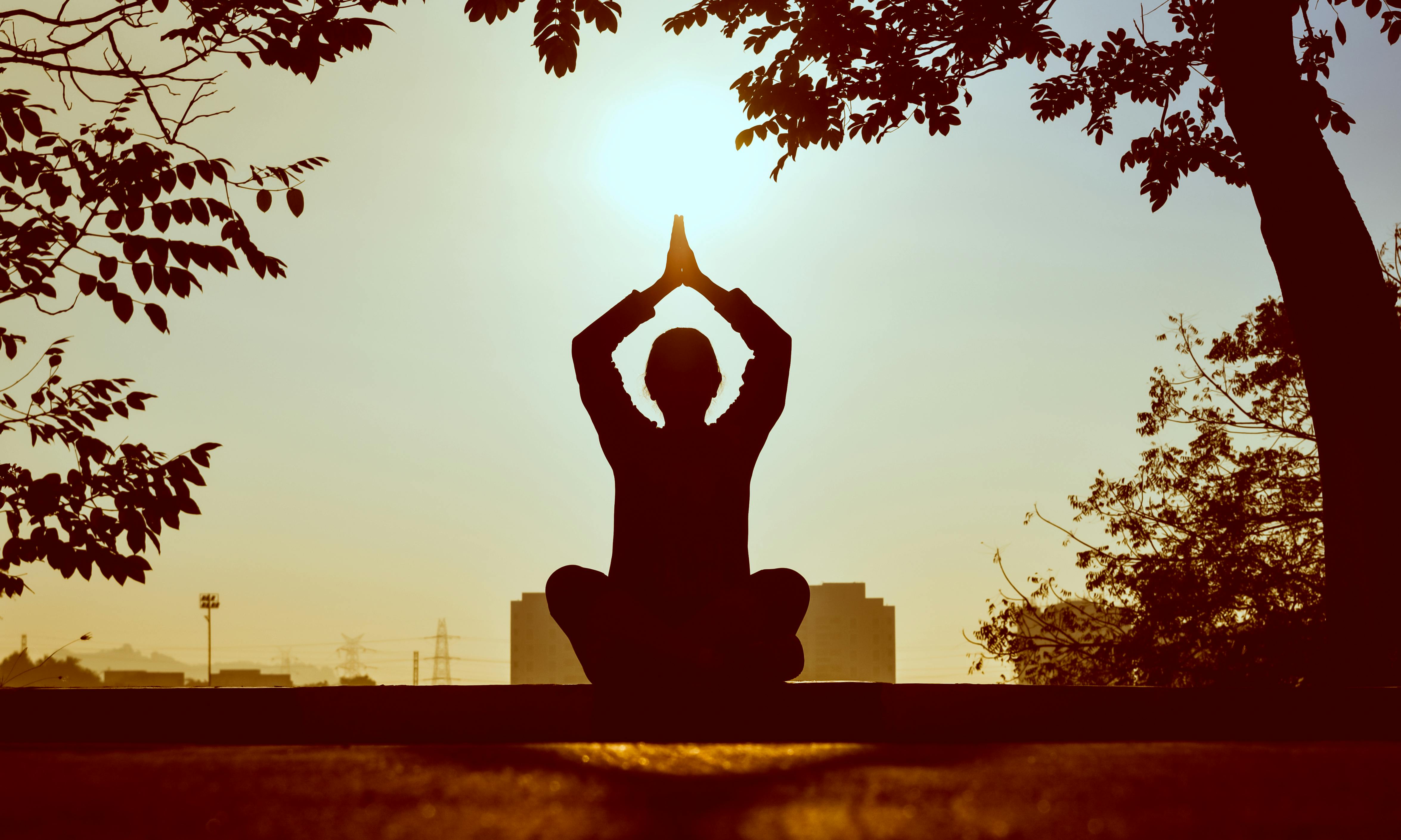The deep connection between mind and body
Mental and physical health are deeply connected. If you have ever felt physically drained after a stressful day or noticed that pain feels worse when you are anxious or low, you have experienced this connection firsthand.
Scientific research confirms what many people intuitively know: mental health and pain are bidirectionally linked. This means that not only can chronic pain lead to mental health struggles, but mental health challenges can also increase pain sensitivity.
By understanding this link, we can take a more holistic approach to wellbeing. One that strengthens both mind and body to build long-term resilience.
The science behind the mind-body connection
Several studies show a strong two-way relationship between pain and mental health.
- People with chronic pain are about twice as likely to develop mental health conditions compared to those without pain.
- The reverse is also true. People with mental health conditions are about twice as likely to develop chronic pain.
These numbers are more than just statistics. They highlight how pain and emotional wellbeing are not separate issues. They feed into each other in a continuous cycle.
How mental health influences physical pain
Your brain and nervous system regulate both emotional stress and pain perception. When mental health suffers, your body reacts in ways that can amplify pain.
- Increased pain sensitivity: Depression and anxiety can lower your pain threshold, making discomfort feel more intense than it actually is.
- Muscle tension and stiffness: Stress activates the body’s fight-or-flight response, causing muscles to stay in a state of tension, leading to headaches, neck pain, and back pain.
- Inflammation and immune response: Chronic stress triggers higher levels of inflammation, which is linked to conditions like arthritis, fibromyalgia, and gut disorders.
- Fatigue and poor recovery: Poor mental health disrupts sleep and energy levels, making it harder for your body to heal from injury or physical stress.
How physical health strengthens mental resilience
The good news is that the relationship goes both ways. Improving physical health can have a direct positive impact on mental wellbeing.
- Movement improves mood: Exercise and even light movement release endorphins and serotonin, which naturally combat stress and depression.
- Posture affects confidence and stress levels: Studies show that sitting upright can improve mood, reduce fatigue, and even lower cortisol (a stress hormone).
- Physical strength builds mental resilience: People who feel physically strong and capable often report lower levels of anxiety and depression because they trust their bodies to handle challenges.
- Good sleep reduces emotional distress: Chronic pain disrupts sleep, and poor sleep increases pain sensitivity. Improving one helps break the cycle.
Breaking the pain-stress cycle. What you can do
Since mental health and physical pain influence each other, the best approach is to address both at the same time.
Move your body, even in small ways
Exercise does not have to mean intense workouts. Gentle movement can already make a difference.
- Walking, stretching, or yoga can release tension and improve circulation.
- Strength training can increase physical confidence, making daily movements easier and reducing pain.
- Even five minutes of movement helps regulate mood.
Train your nervous system to relax
Since stress amplifies pain signals, calming the nervous system can help lower pain intensity.
- Deep breathing techniques like diaphragmatic breathing can lower muscle tension and reduce pain.
- Mindfulness and meditation help retrain the brain to manage pain without panic.
Strengthen mental resilience with small wins
Building mental strength does not mean ignoring pain. It means taking small, manageable steps to improve confidence in your body.
- Set small, achievable movement goals. Even standing up and stretching counts.
- Keep a journal of physical and mental wins to remind yourself that progress is happening.
- Social support reduces both stress and pain perception.
The bottom line: Build strength in both mind and body
Mental resilience and physical health are not separate. They fuel each other. Pain is not just about the body. Stress is not just about the mind. They are part of the same system. Instead of only treating one side of the equation, focus on small daily habits that improve both physical movement and mental wellbeing. When your body feels stronger, your mind follows. When your mind is resilient, your body heals better.



